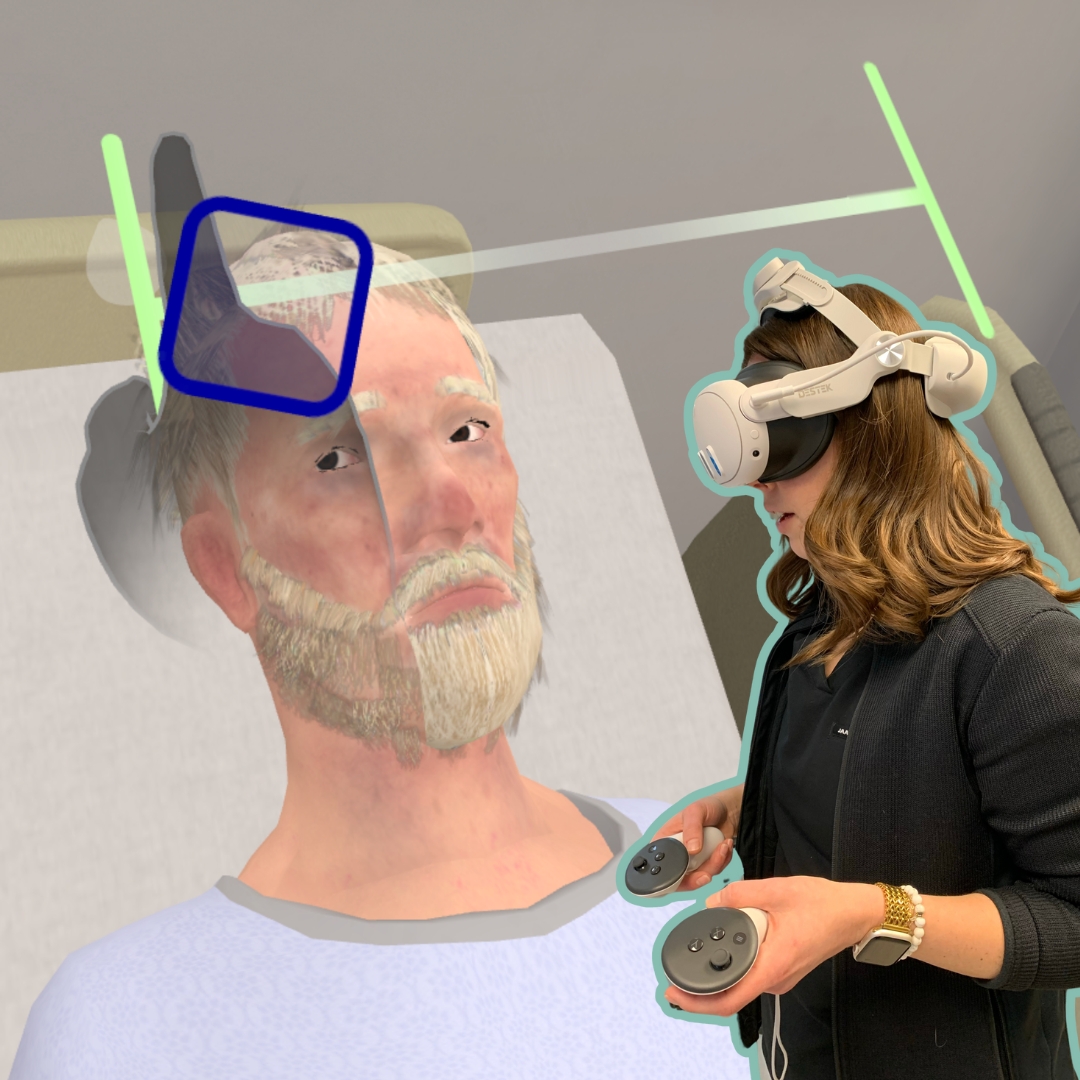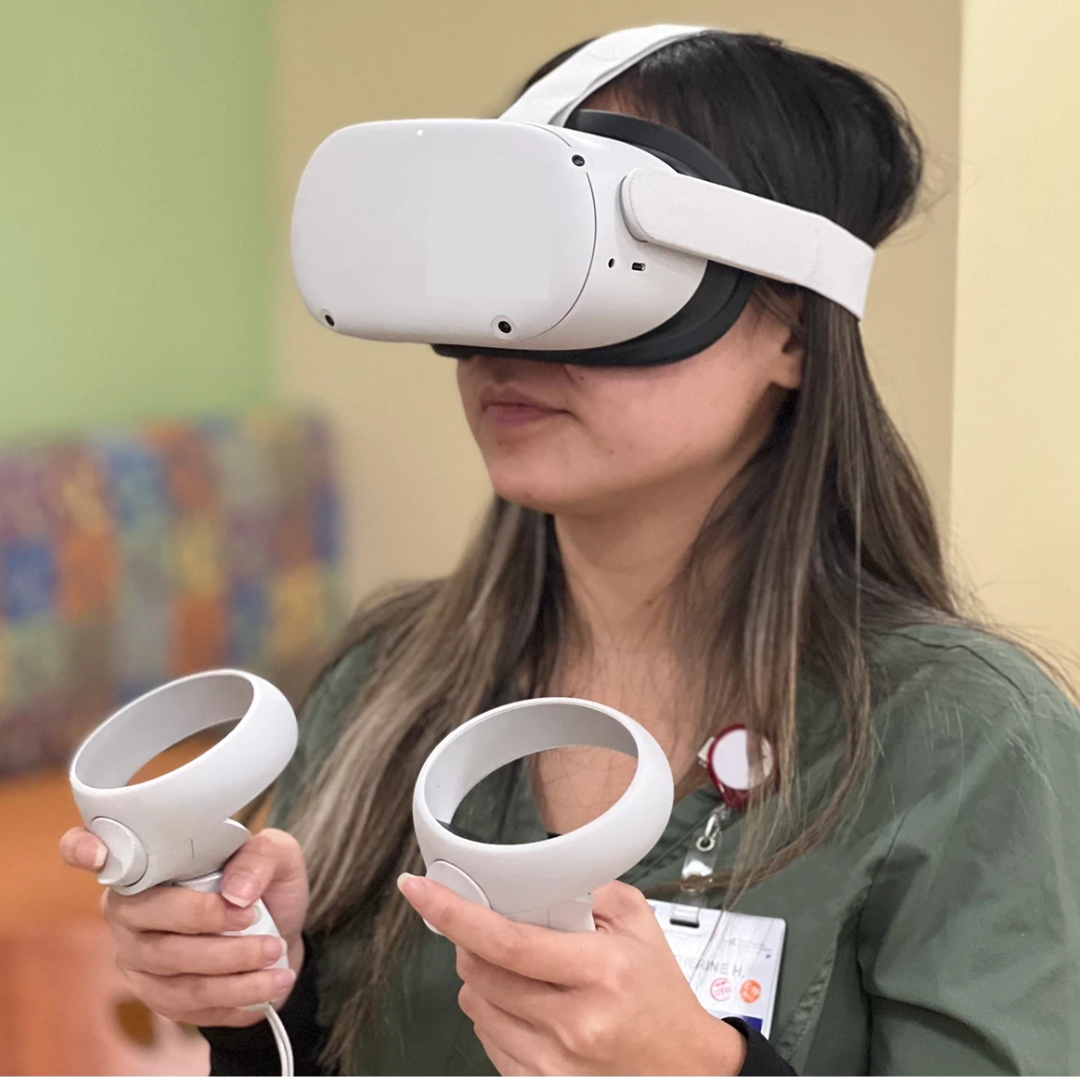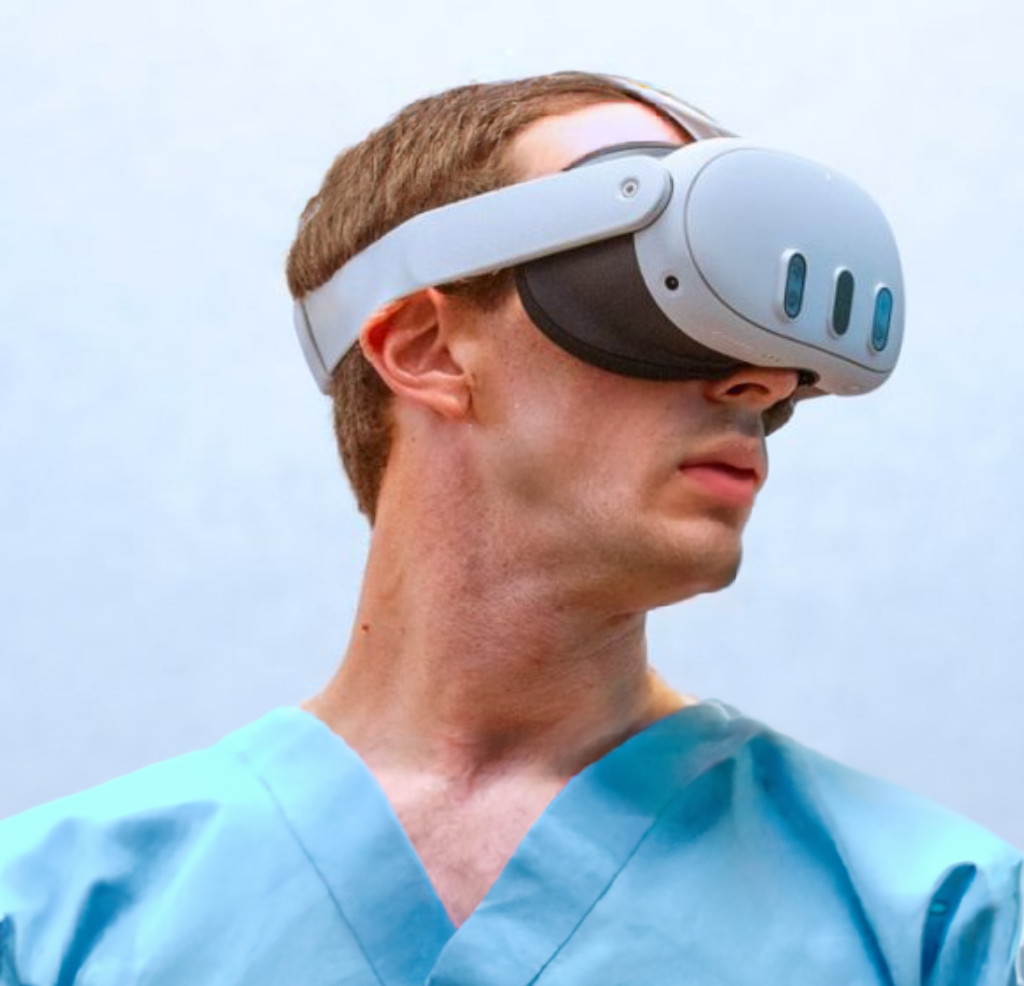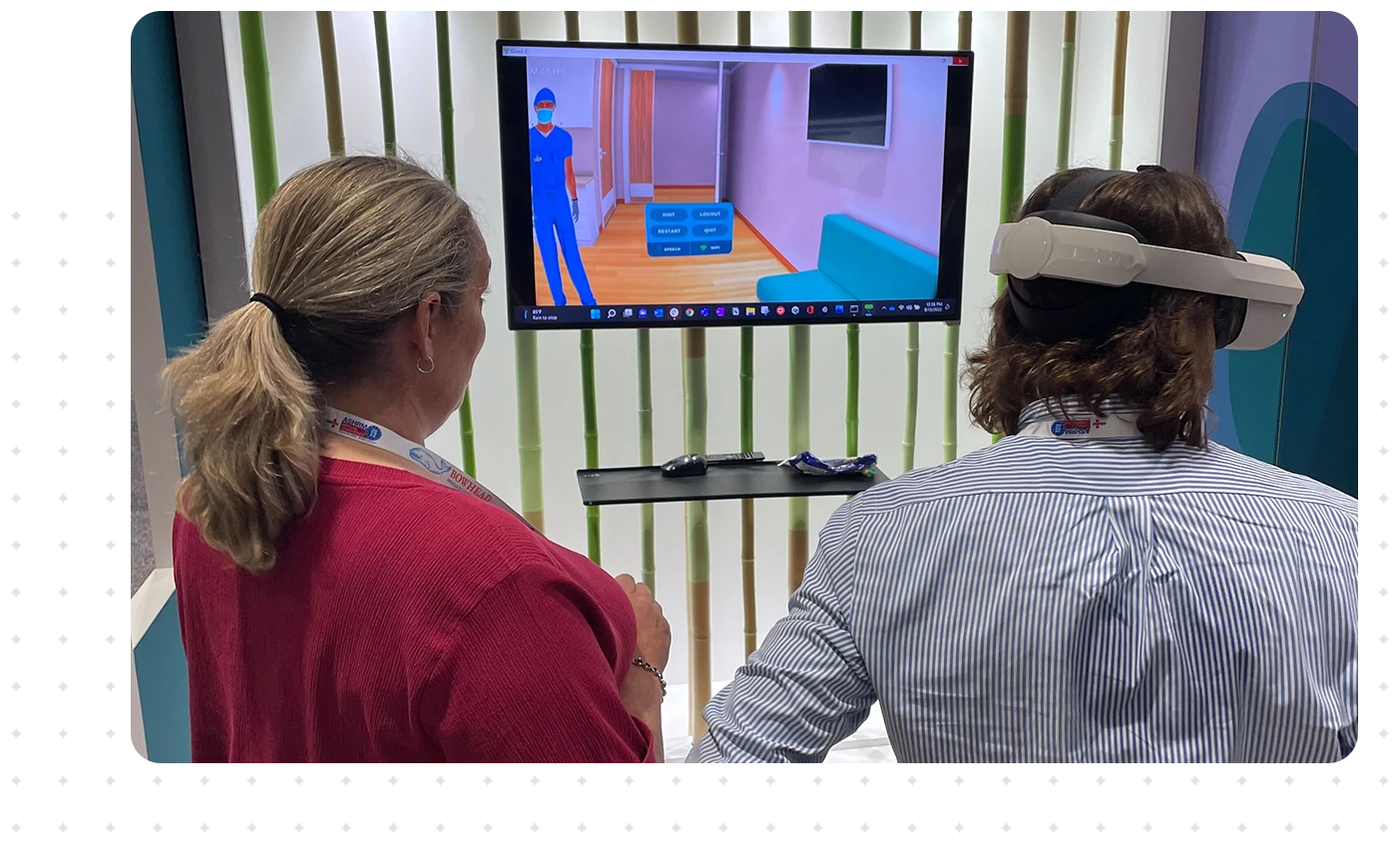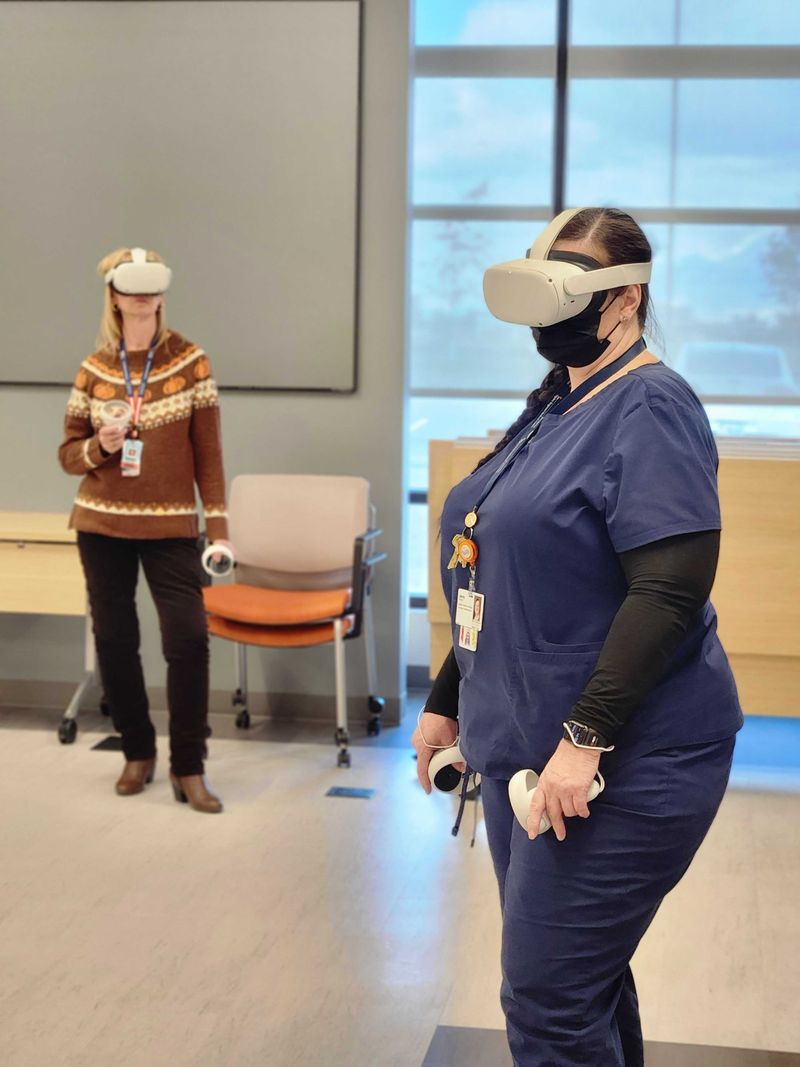
Leadership and Managing the Environment
Published January 19, 2023
We as leaders are responsible for creating an environment which everyone can be part of and be their true selves.
My Experience in Leadership
We often think that leadership is the act of actually leading a group of people, giving commands, and directing every action. Oftentimes leadership is more subtle. I’ve set a vision, defined a mission, created a strategy, clearly communicated it, and cascaded it throughout the organization. Now what?
Throughout my career, I’ve been in many different leadership roles. Early on, those roles were more closely related to individual contributor-type work. Senior Engineer, Team Lead, Architect – all these roles include a level of responsibility that typically falls under the leadership category. In my personal life, I spent a fair amount of time leading groups of individuals in amateur e-sport teams. Each of these roles came with different lessons. However, the further I moved away from being an individual contributor the more challenging the role of the leader became.
The further I moved away from individual contributor work, the more important it was that I understood what the role of a leader is. When I was still splitting time between actively contributing, and leadership functions, it was difficult to separate the two.
I worked with a manager early on in my career that was a brilliant Senior Engineer before being promoted. This manager and his team would often be in long meetings discussing problems and thinking through solutions. What I noticed was that the more the manager did this, the poorer the team performed. I decided to sit in on some of these meetings and ask some of his team members some questions about their work. What I found was that the team was detached from their work. They didn’t seem passionate about their work, and they didn’t seem to take any ownership over their work, and it showed in the results.
During those long meetings, the manager typically provided the solution and shot down alternatives – eventually, the team stopped offering alternatives and would just do what the manager told them. He was so used to being the expert in the room, that he couldn’t allow his team to own the work and outcomes. This resulted in a low-performing team of people who seemingly didn’t care about the outcomes the company was trying to achieve. However, all of them were high-performing team members on their previous team. The only thing that changed was their manager.
One of the main things I learned from this experience is that it’s not about me. It’s no longer my job to be the expert. It’s no longer my job to have all the answers. It’s no longer my job to implement the solutions. My job became one single deceptively simple thing: managing the environment.
Managing the Environment
We as leaders are responsible for creating an environment in which everyone feels safe to experiment and fail without risk of humiliation or punishment.
We as leaders are responsible for creating an environment where everyone feels their contributions make a meaningful impact, not just in the business but in the world.
We as leaders are responsible for creating an environment in which everyone feels like they own their work, the decisions, the outcomes, the successes, and the failures.
We as leaders are responsible for creating an environment in which everyone feels heard.
And finally, we as leaders are responsible for creating the guard rails around all of those things to ensure everyone is moving in the same direction.
Innovation = Great Leadership
I don’t see my job as managing people, I see my job as managing an environment where everyone co-exists. I see my job as identifying issues that are causing slowdowns in productivity and helping unblock and provide guidance around solutions. I see myself as a coach to help empower everyone else to solve problems on their own. I see my job as listening and asking questions, and not giving answers. As Steve Jobs said, “It doesn’t make sense to hire smart people and tell them what to do; we hire smart people so they can tell us what to do.”
These things are critical to a company’s success.
- Innovation doesn’t happen when people don’t feel safe being themselves at work
- Innovation doesn’t happen when people are afraid to try new things
- Innovation doesn’t happen when people don’t see how their contribution has any impact
- Innovation doesn’t happen because I told people to be innovative
Innovation happens when people are able to come to work and bring 100% of themselves and put 150% into their work. When your teams are as passionate and inspired by the work as you are, then you’ll see high-performing teams begin to form. That isn’t something we can “manage” from individuals, but it is something we can create space for. It is something we can help foster and grow. And we do this by creating an environment where it’s possible.
Learn More About Health Scholars
Health Scholars provides medical virtual reality training technology to scale clinical competency and confidence for healthcare workers. Contact Us today to learn more.

